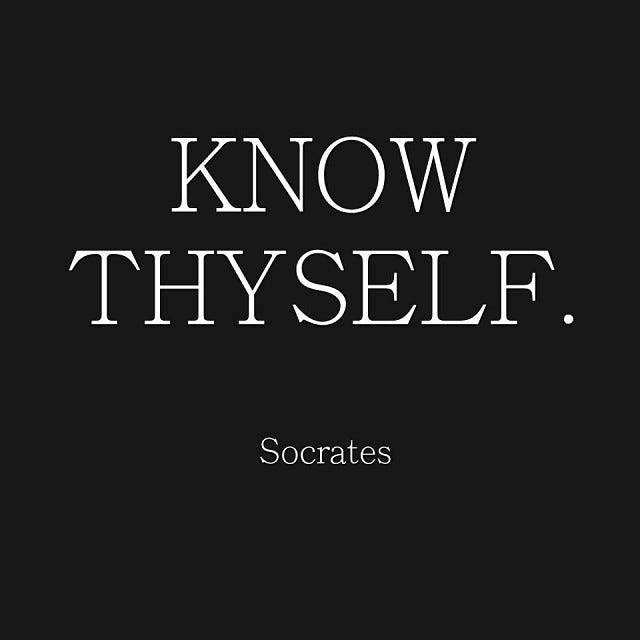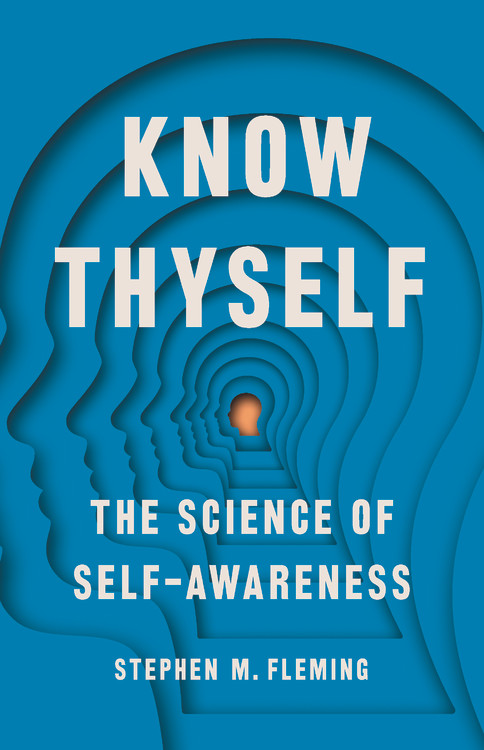
Introduction to “Know Thyself”
The phrase “Know thyself” (Greek: Γνῶθι σεαυτόν, gnōthi seauton) is a significant philosophical maxim that has been inscribed in various forms throughout history, most notably at the Temple of Apollo in Delphi. This ancient saying has been attributed to various figures and has undergone numerous interpretations over time.
Historical Context
The origins of “know thyself” can be traced back to the 6th century BC, where it was associated with the Seven Sages of Greece, a group of renowned philosophers and statesmen. The maxim was likely intended as a reminder for individuals to understand their own limitations and capabilities. It emphasizes self-awareness and the importance of recognizing one’s place within the broader context of existence.
Philosophical Interpretations
Self-Limitation: Initially, the phrase encouraged individuals to recognize their limits—both in terms of abilities and mortality. This interpretation suggests that understanding oneself involves acknowledging personal strengths and weaknesses.
Plato’s Influence: In the 4th century BC, Plato reinterpreted “know thyself” to mean understanding one’s soul. He posited that true knowledge comes from introspection and self-examination, which leads to a deeper understanding of human nature.
Microcosm-Macrocosm Analogy: Later philosophical discussions linked self-knowledge with an understanding of the universe. This analogy suggests that studying oneself can provide insights into the larger cosmos, reinforcing the interconnectedness between individual existence and universal truths.
Religious Perspectives: Various religious traditions have found parallels to this maxim within their teachings. For instance, Christian theologians during the Reformation interpreted it as an invitation to understand one’s origin in God and acknowledge human sinfulness.
Modern Interpretations: In contemporary philosophy and psychology, “know thyself” has been embraced as a call for introspection and self-discovery. It plays a crucial role in psychoanalysis, where understanding unconscious motivations is essential for personal growth.
Practical Implications
Understanding oneself is not merely an intellectual exercise; it has practical implications for personal development and societal contribution. Recognizing one’s limitations allows individuals to set realistic goals while also fostering a sense of responsibility towards utilizing one’s talents for the greater good.
Moreover, this journey toward self-knowledge is dynamic rather than static; it evolves with experiences and choices made throughout life. The questions surrounding identity shift from “Who am I?” to “Who can I become?” highlighting that self-discovery is an ongoing process influenced by both internal reflections and external interactions.
In conclusion, “know thyself” serves as a timeless reminder that self-awareness is foundational for personal growth, ethical living, and meaningful engagement with others.
Top 3 Authoritative Sources Used in Answering this Question
Plato’s Dialogues - A collection of philosophical texts by Plato where he discusses various themes including ethics, knowledge, and self-awareness through dialogues featuring Socratic questioning.
Ancient Greek Philosophy Texts - Works by philosophers such as Heraclitus and Aristotle that explore concepts related to self-knowledge, ethics, and human nature within the context of ancient Greek thought.
Psychoanalytic Literature - Texts from prominent psychoanalysts like Sigmund Freud who emphasize the importance of understanding unconscious motivations as part of achieving self-knowledge and personal development.


Answer Provided by www.iAsk.ai – Ask AI.
Sign up for free to save this answer and access it later
Sign up →